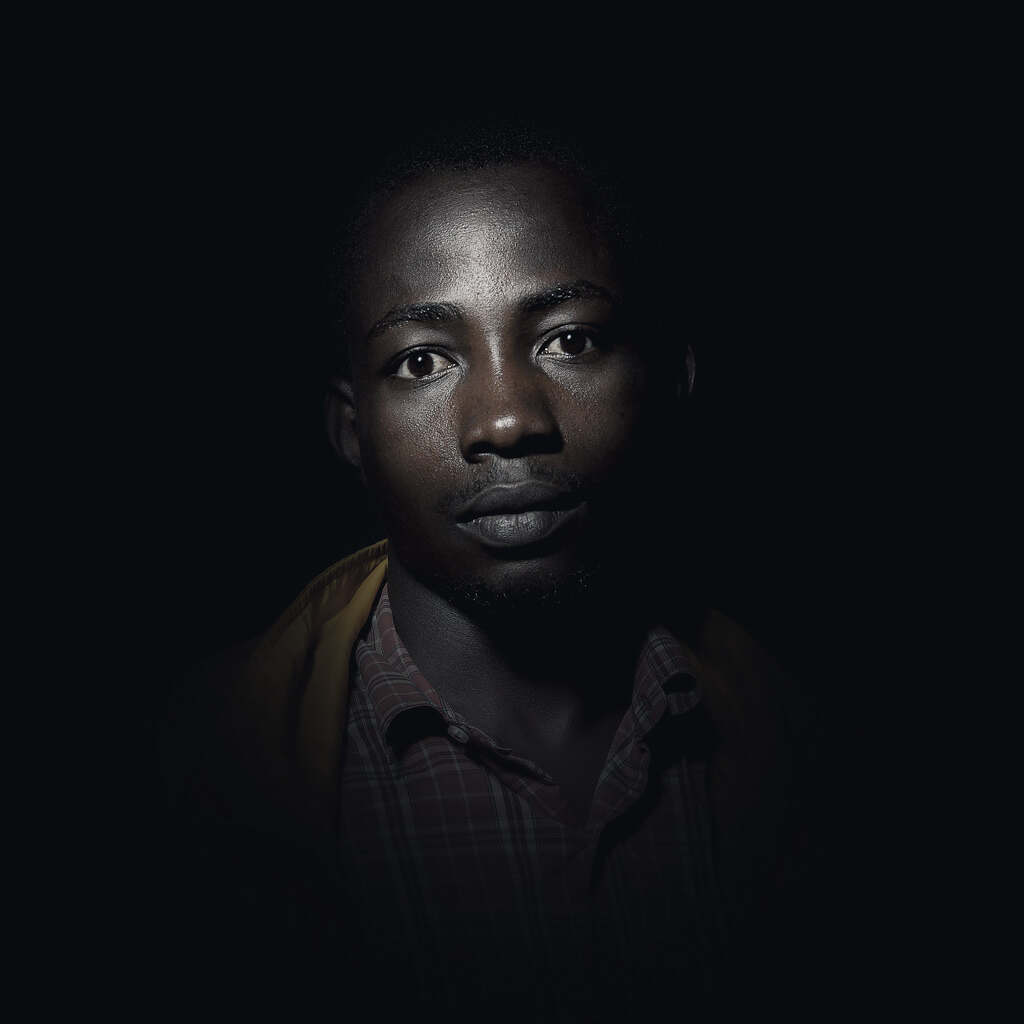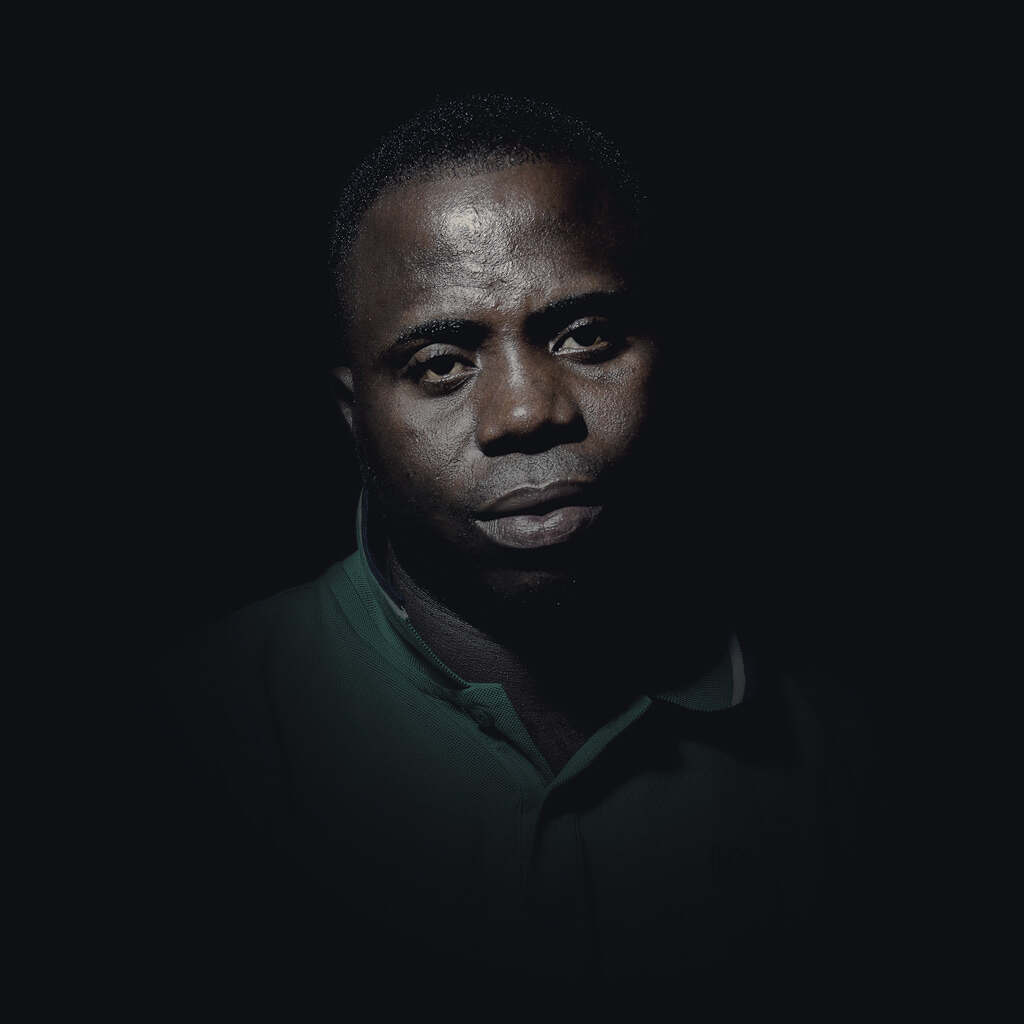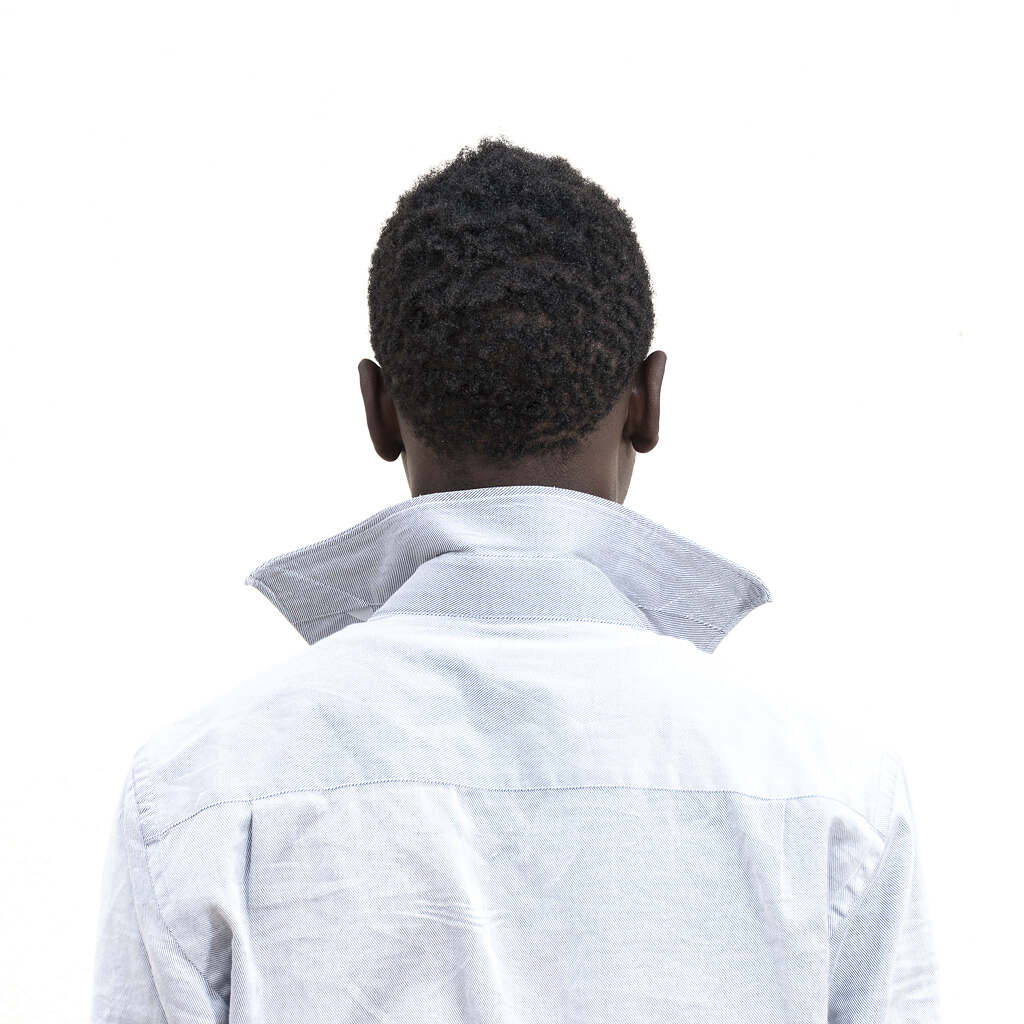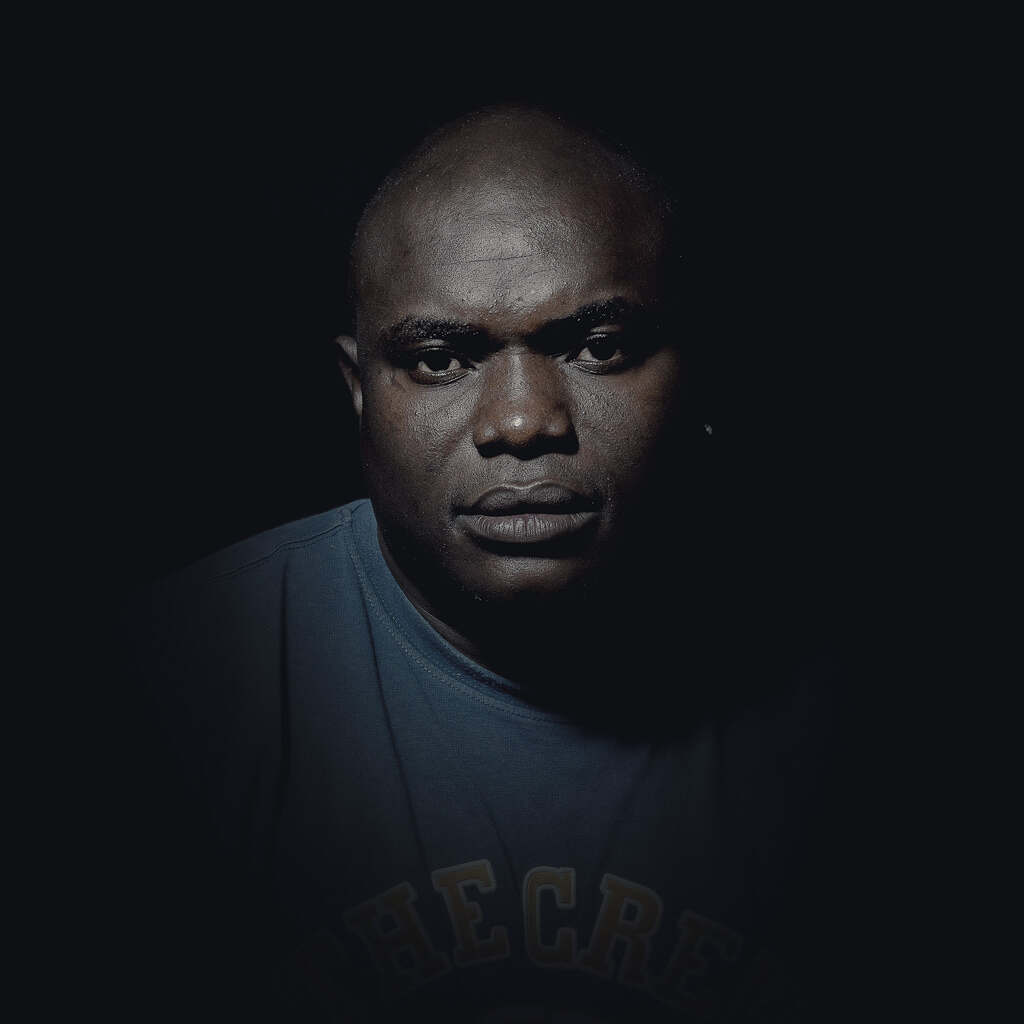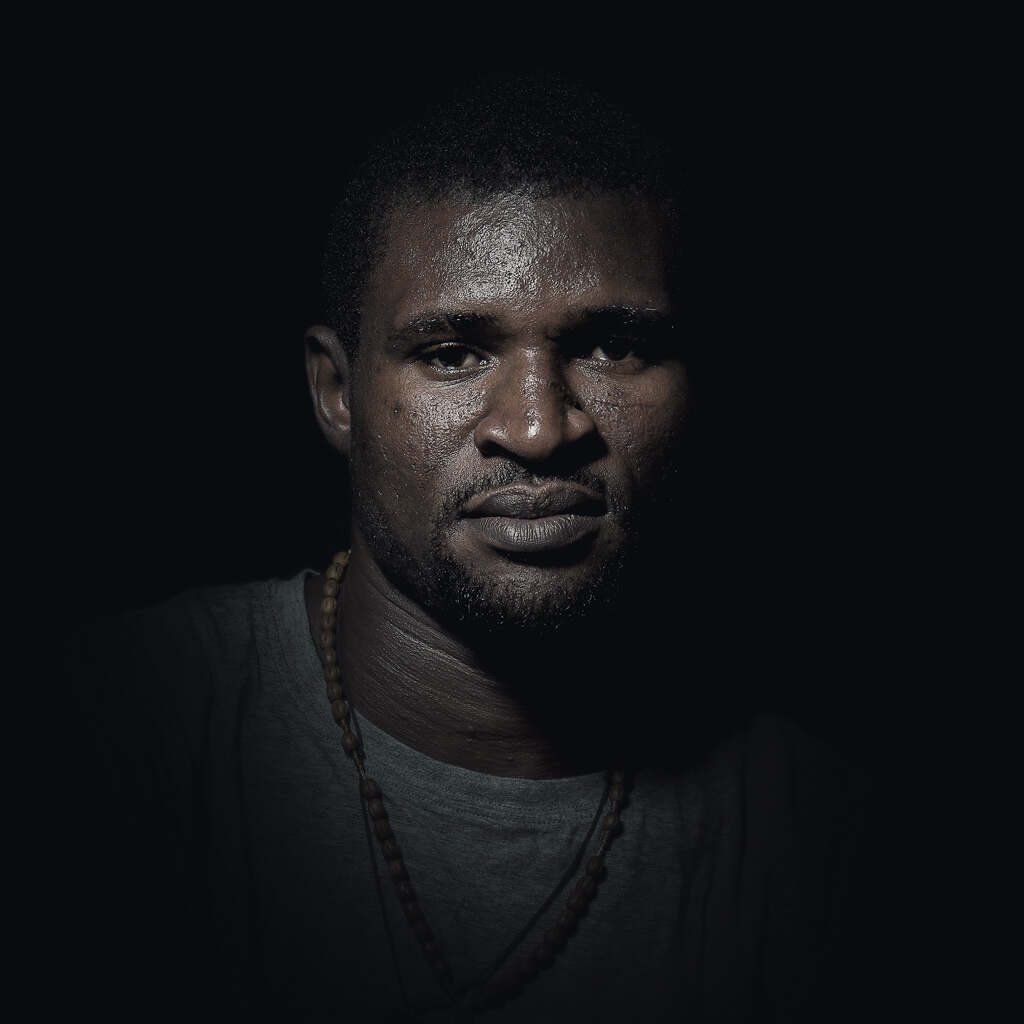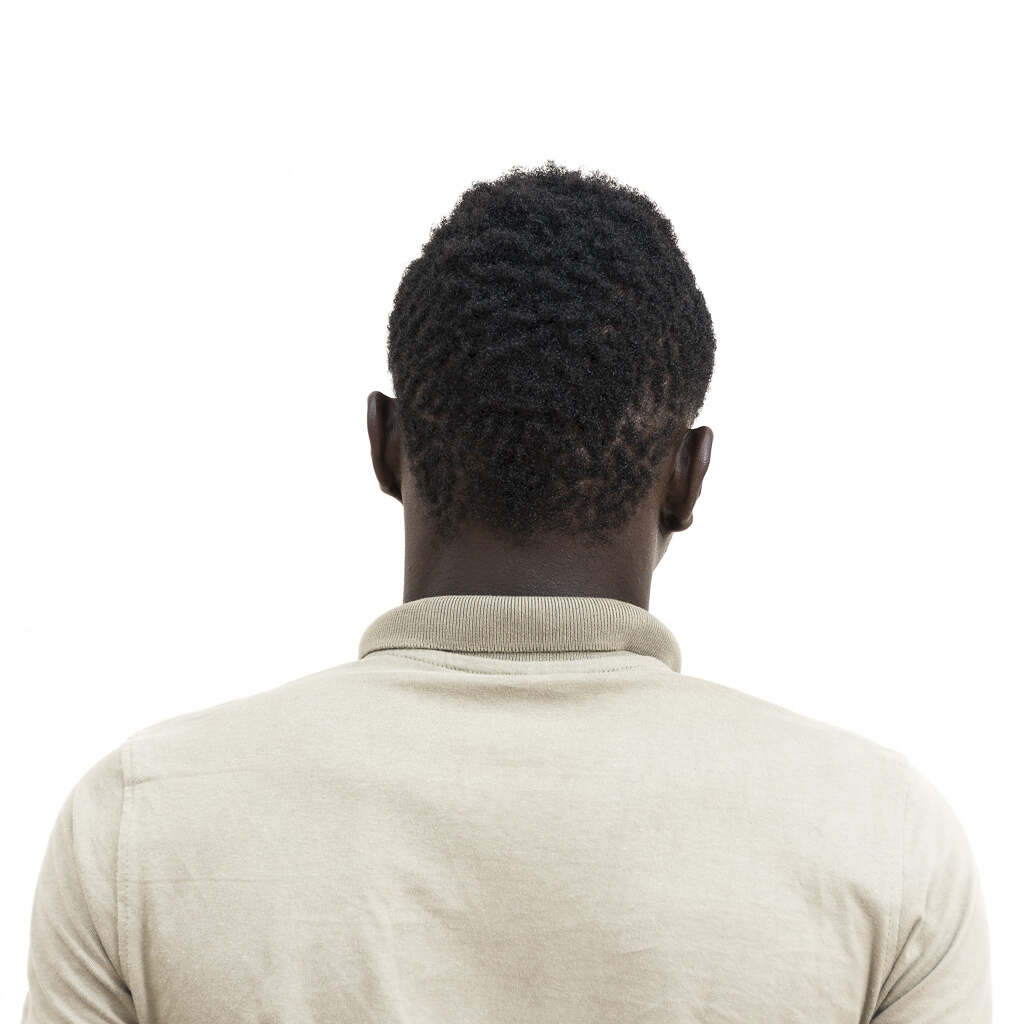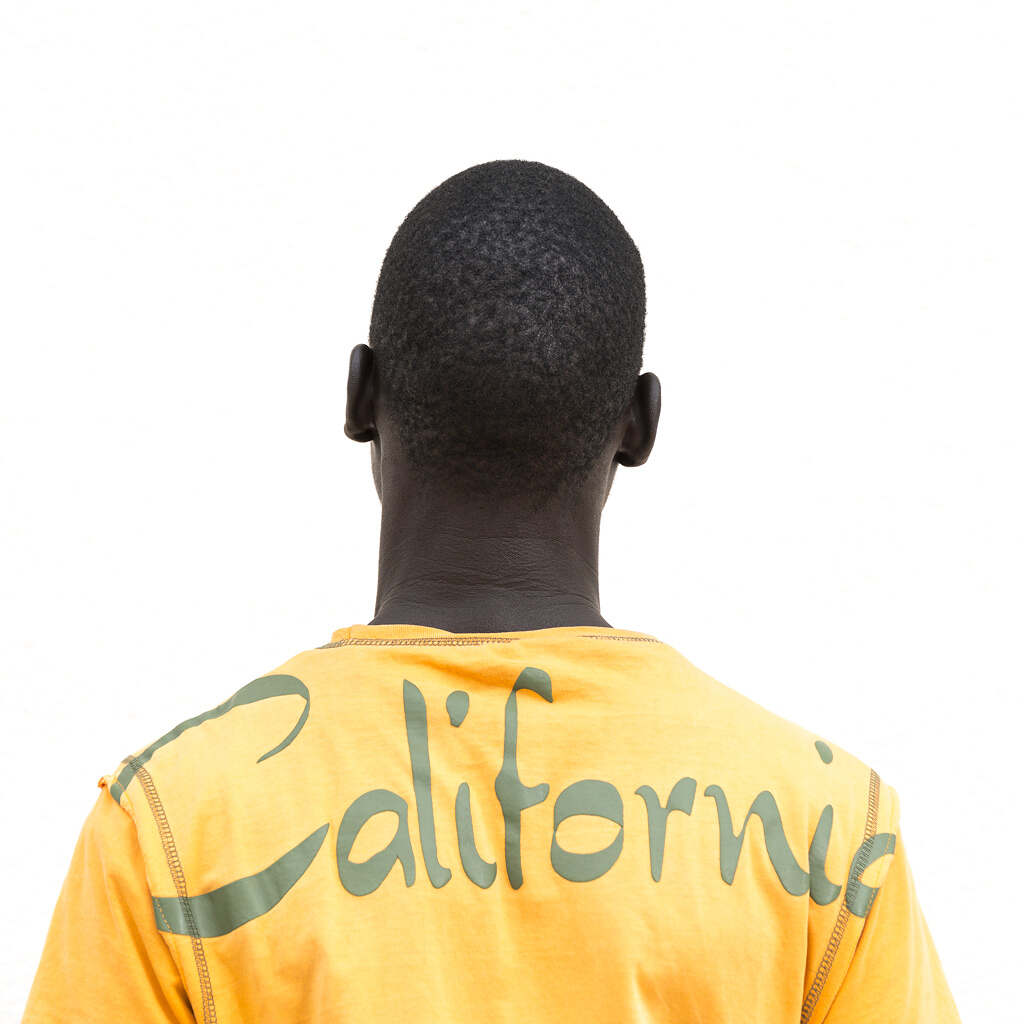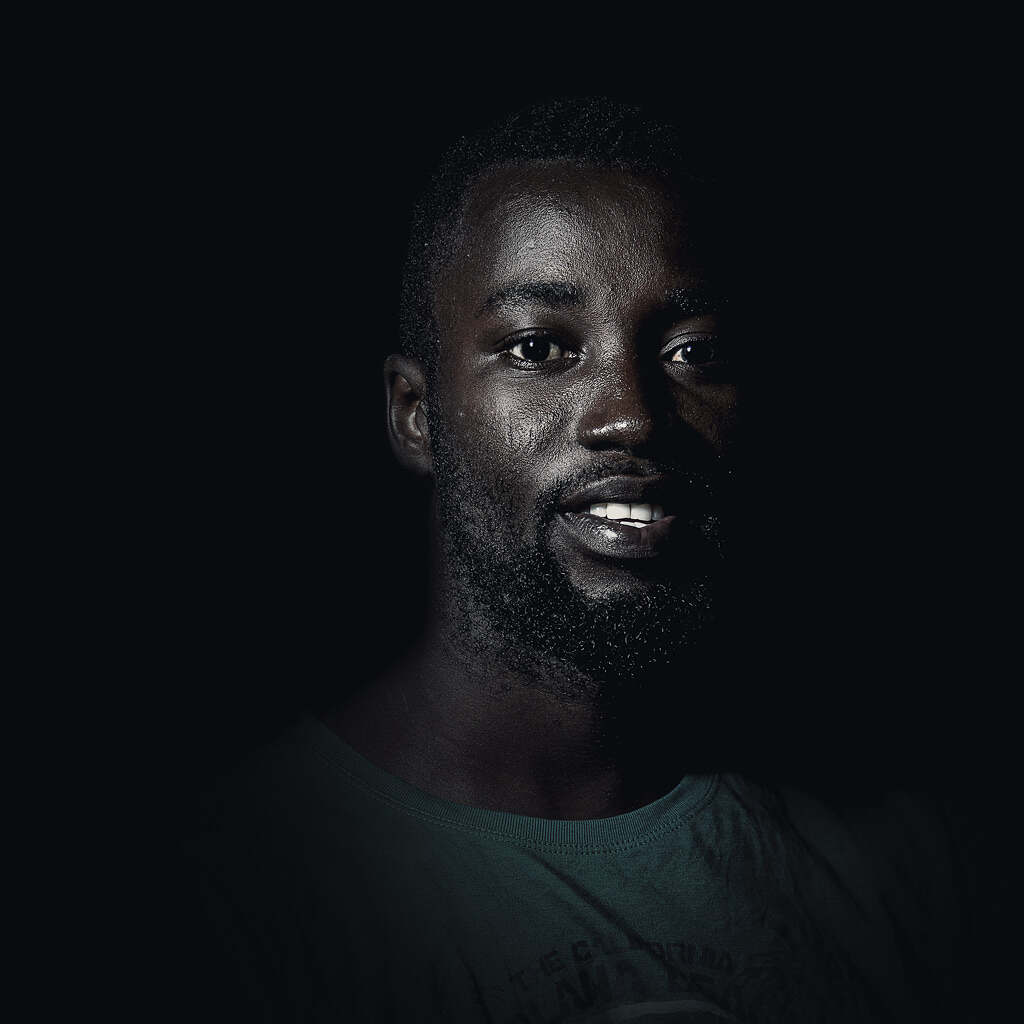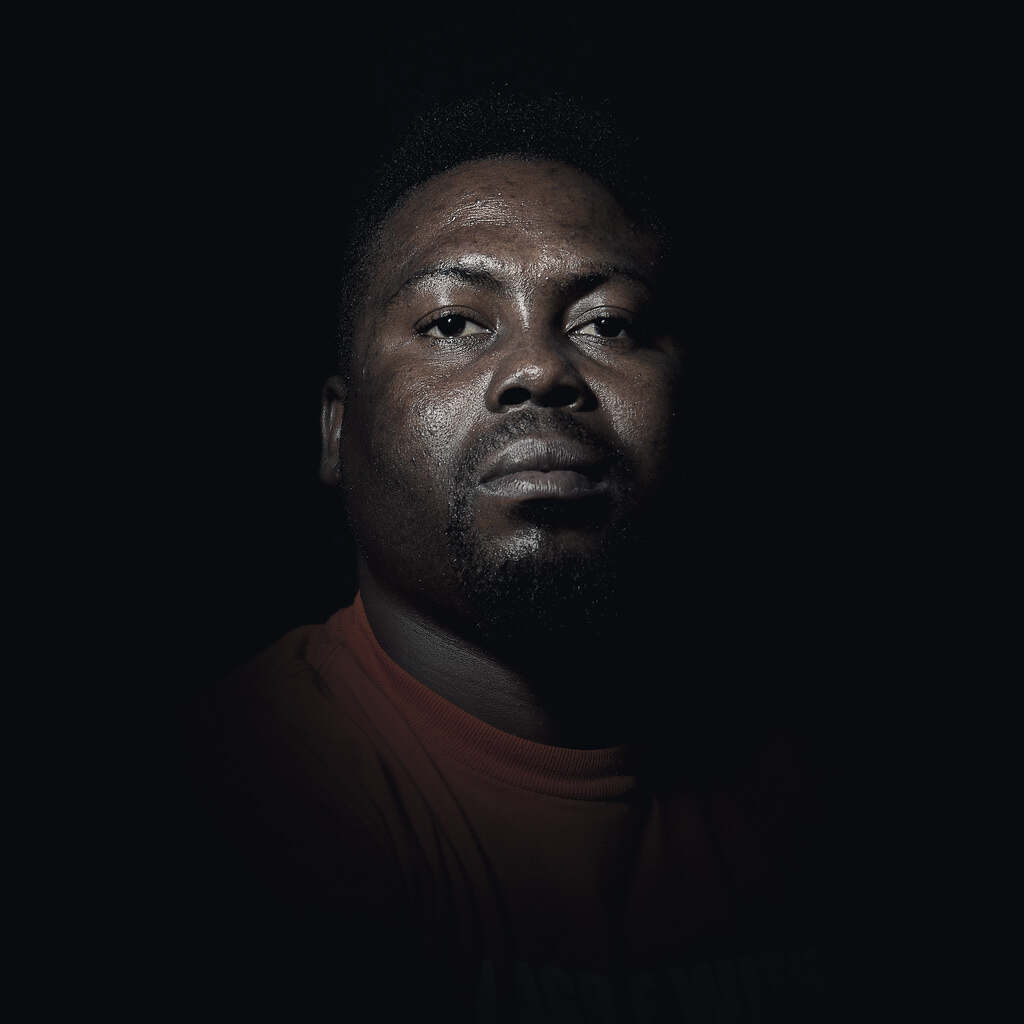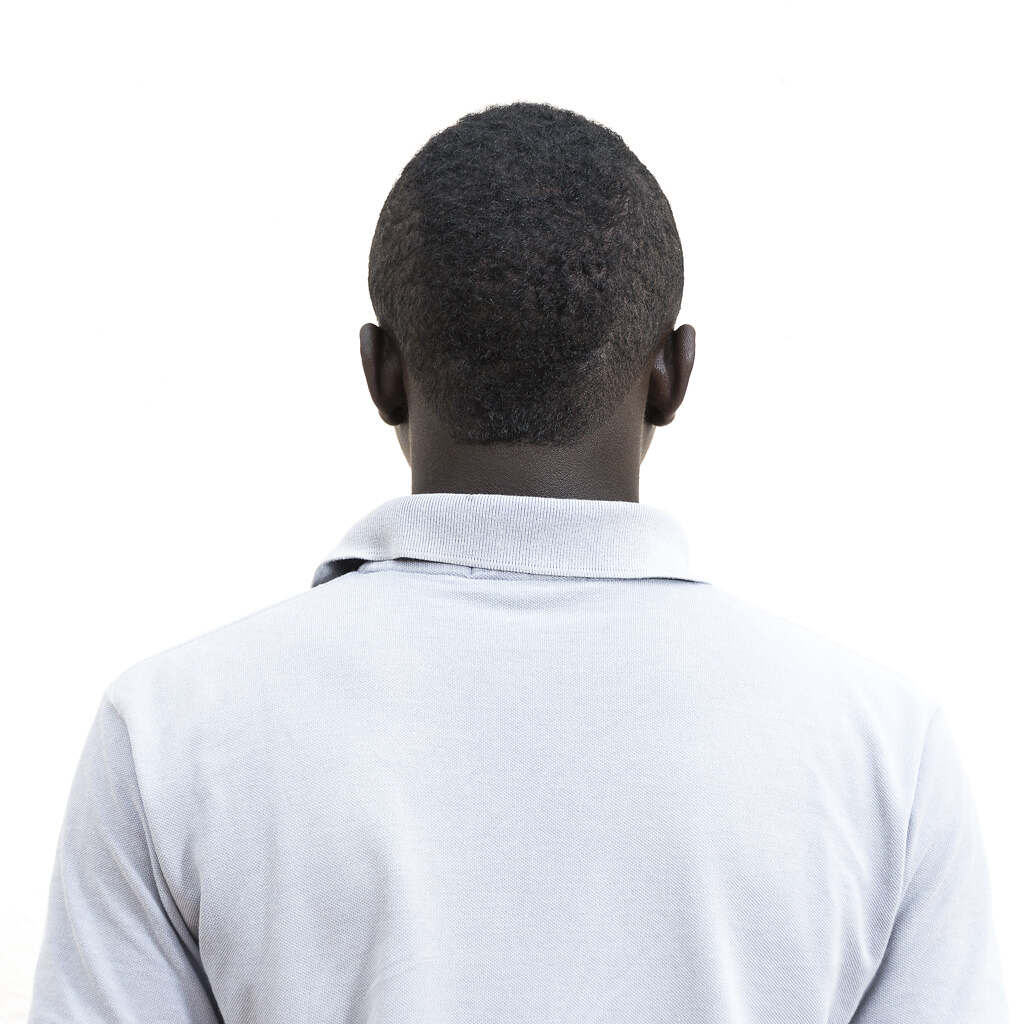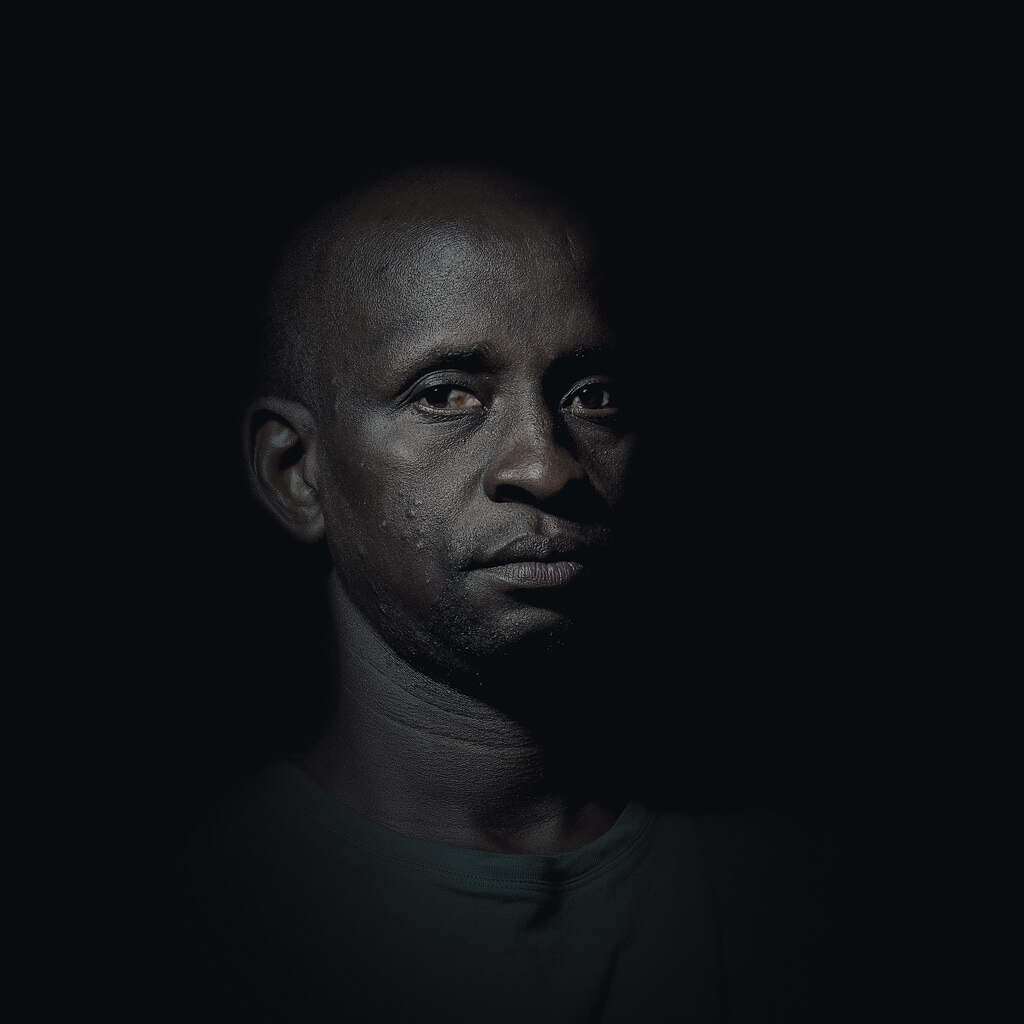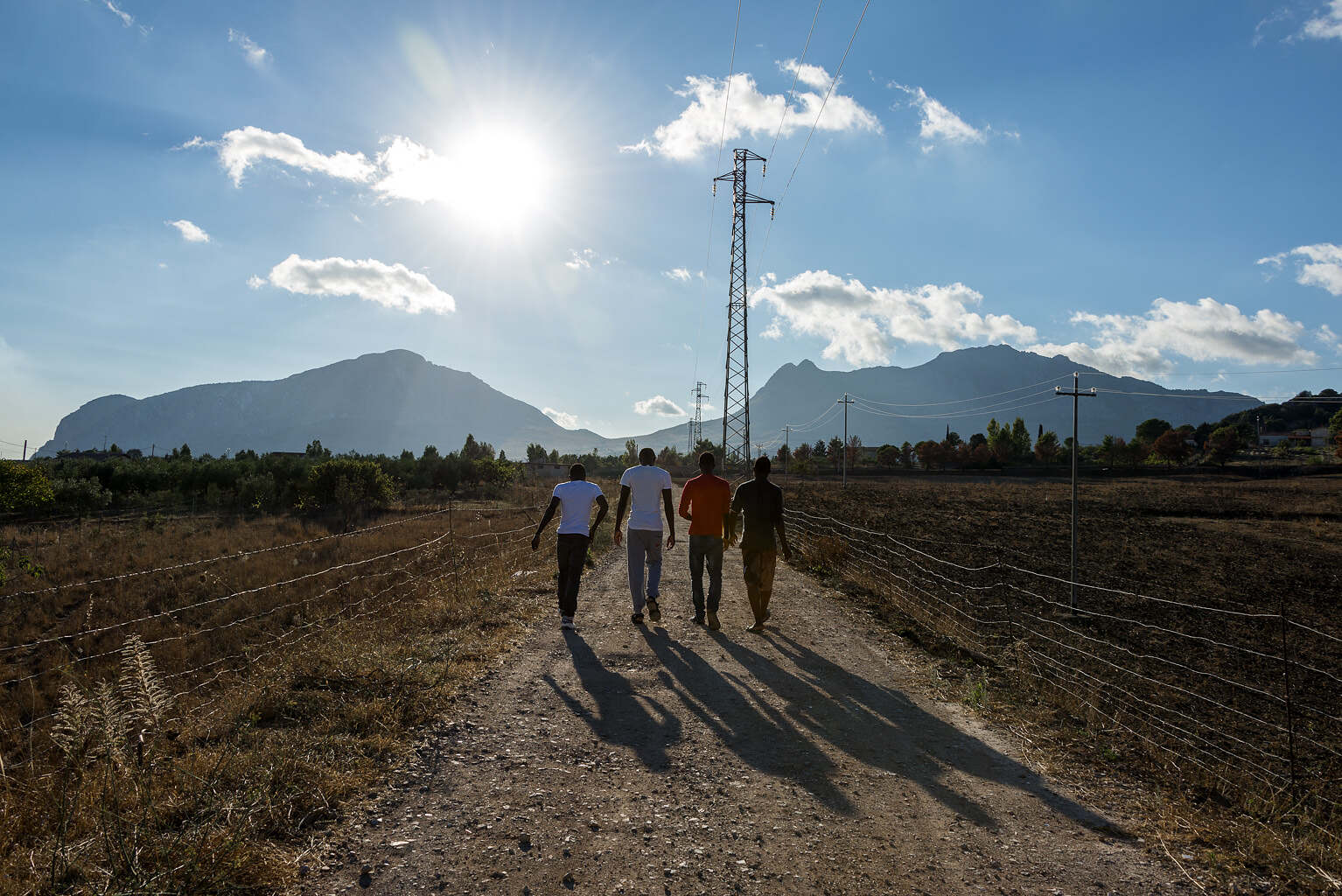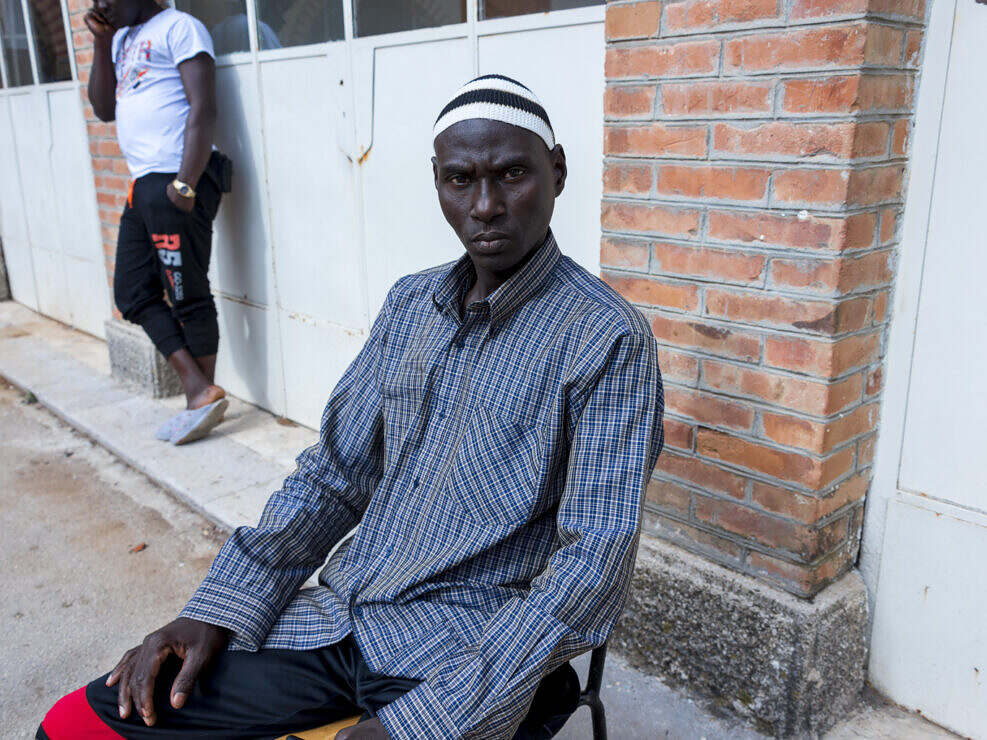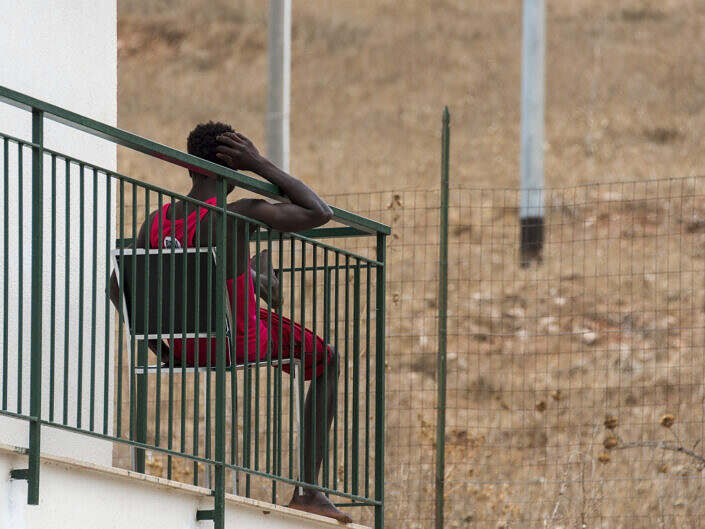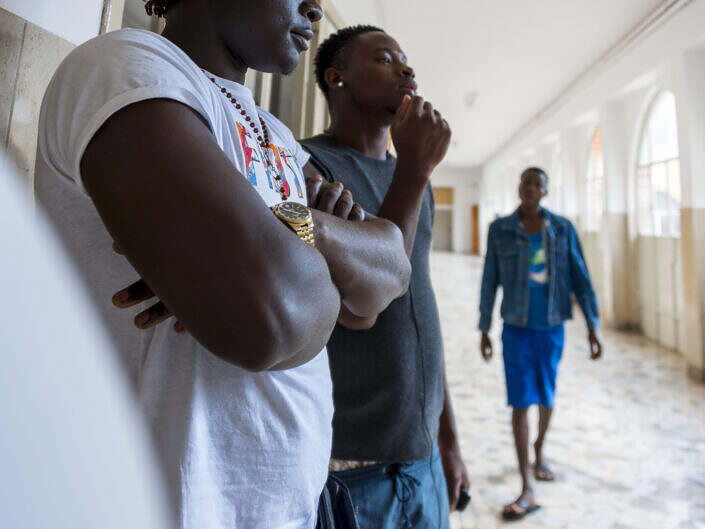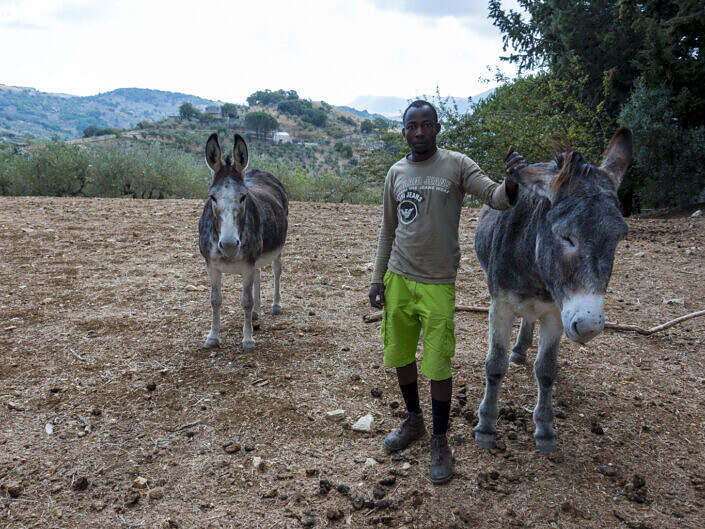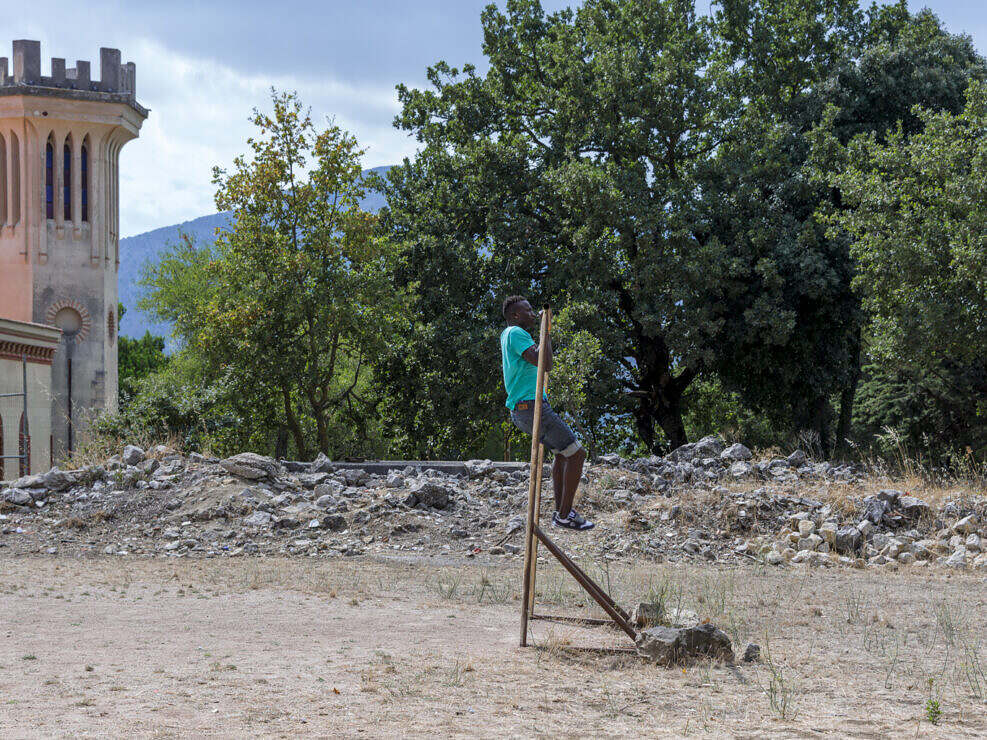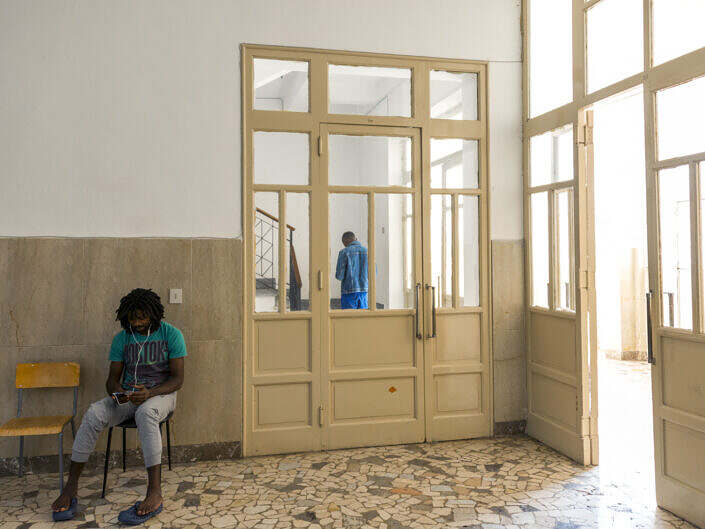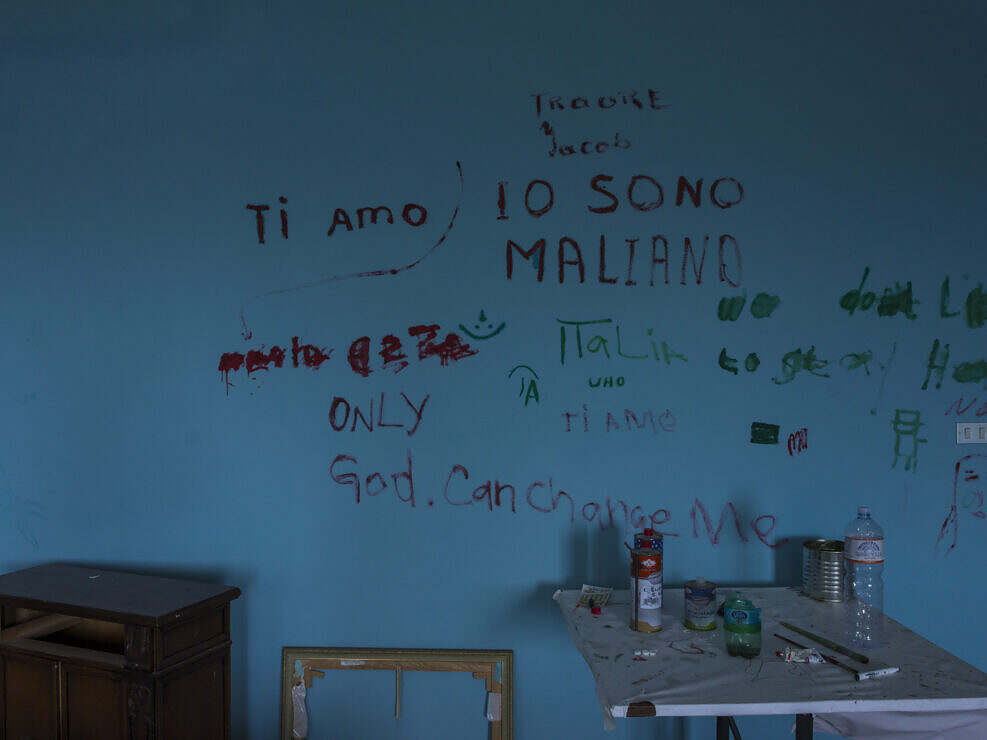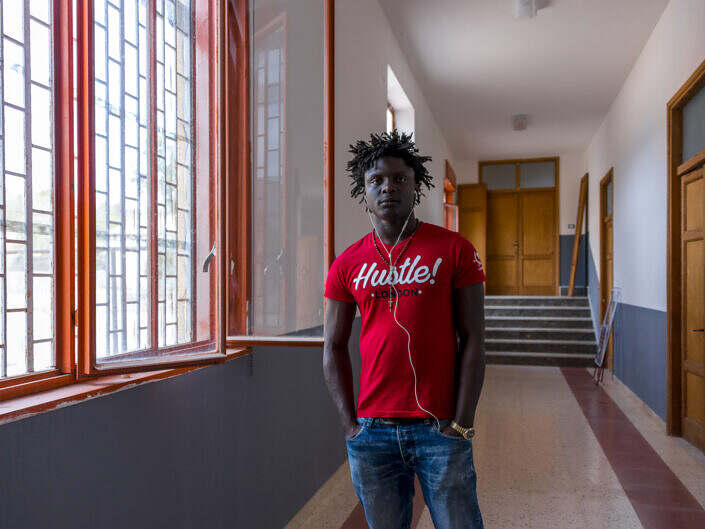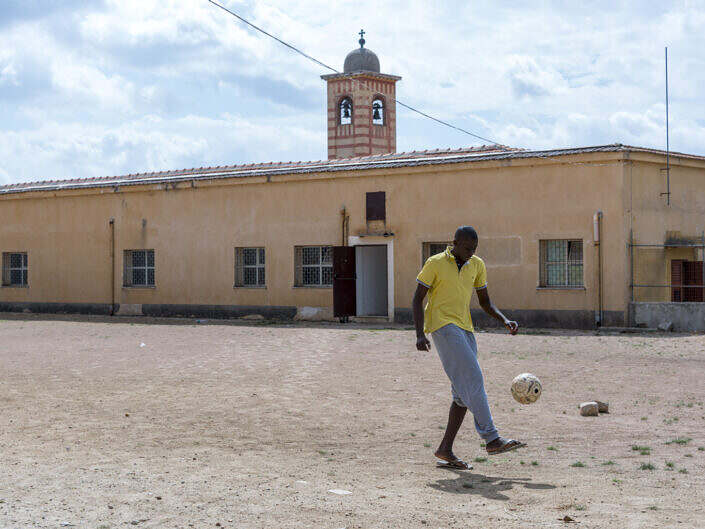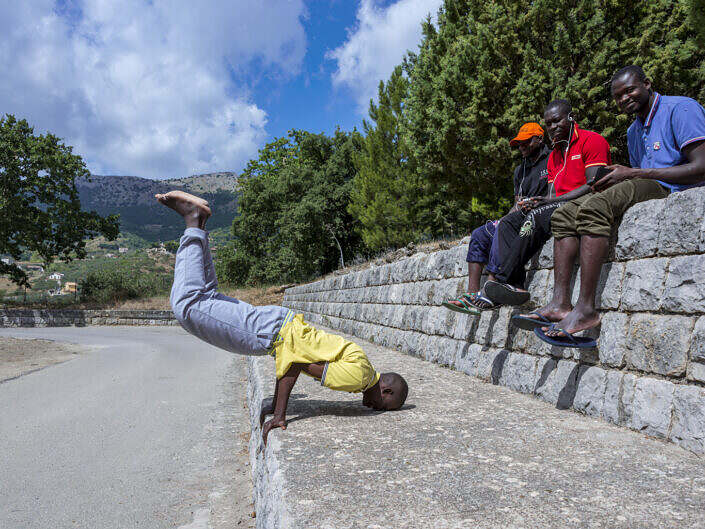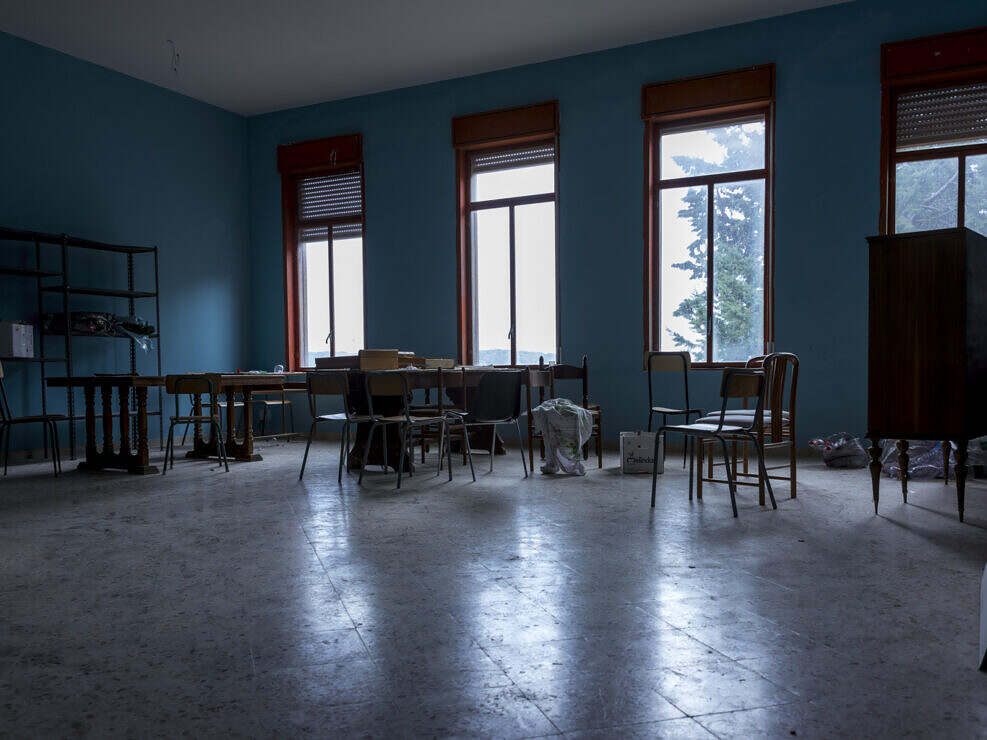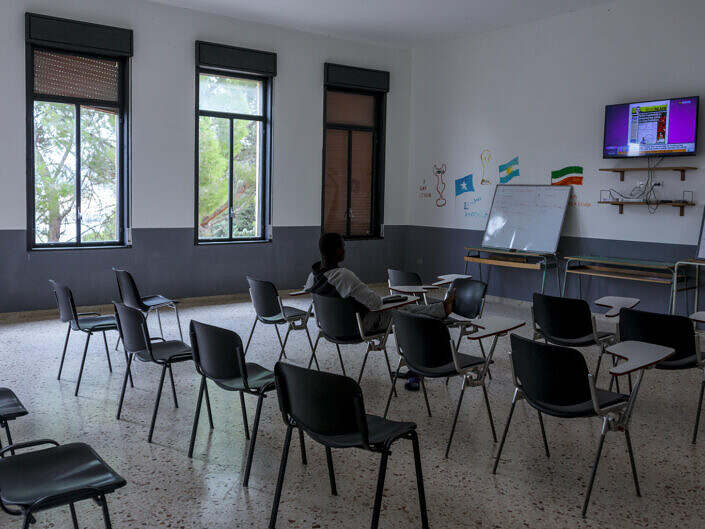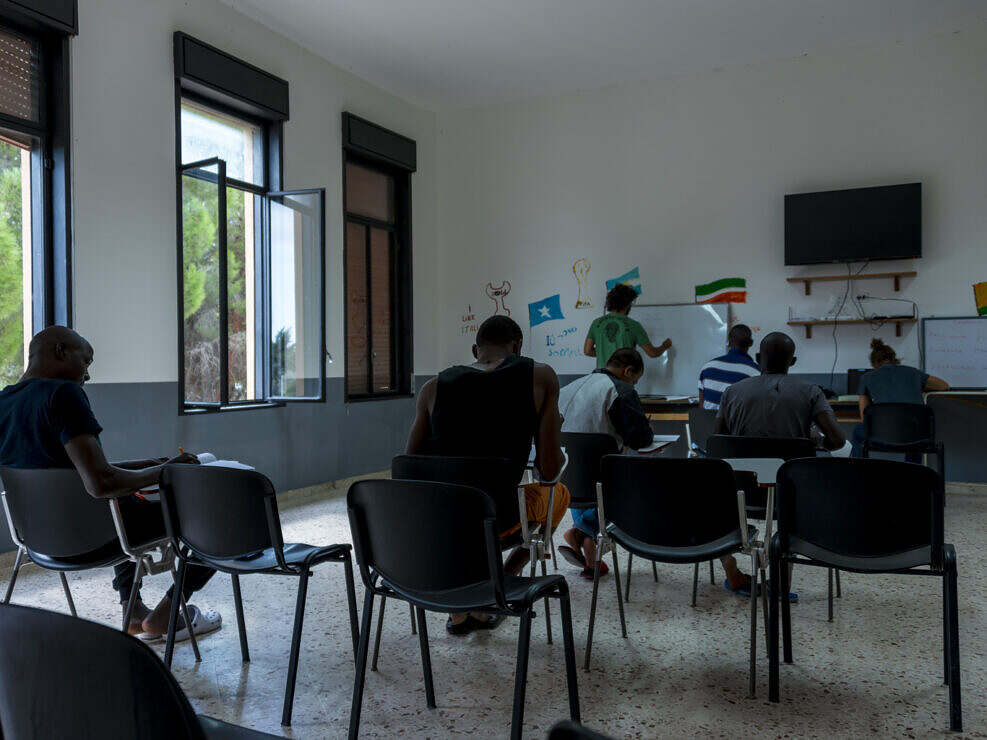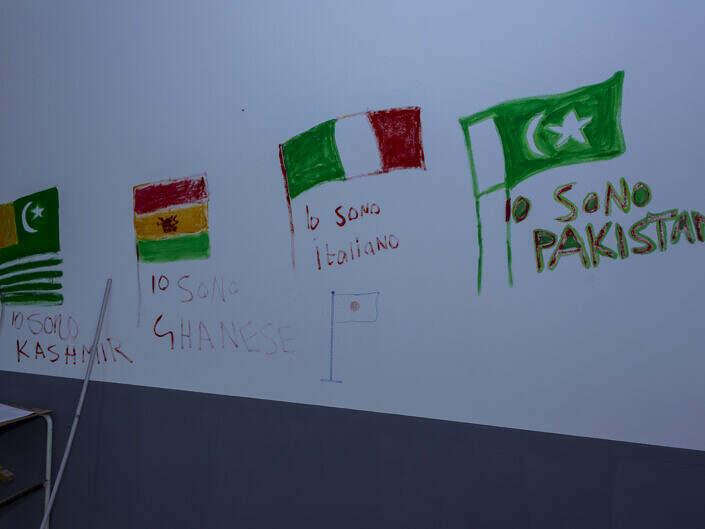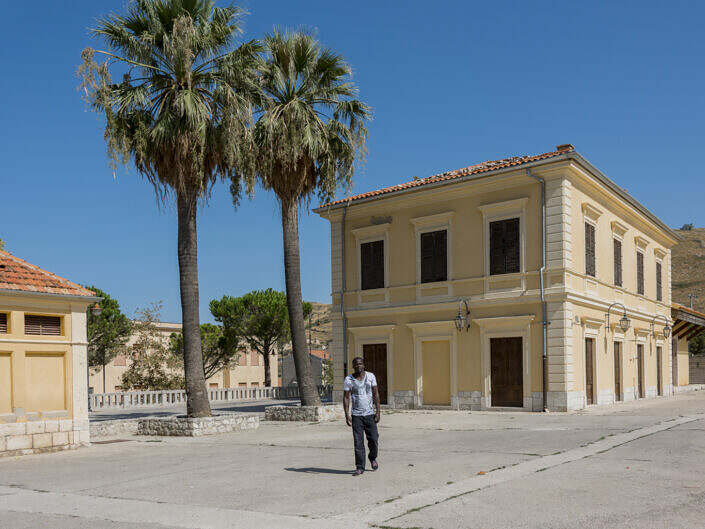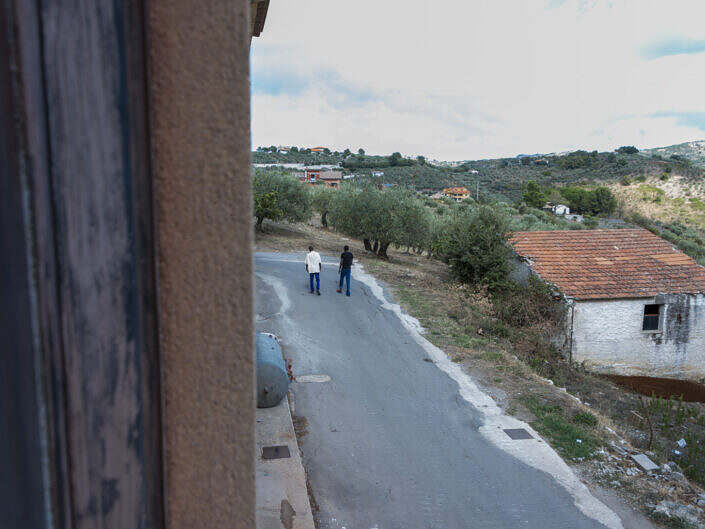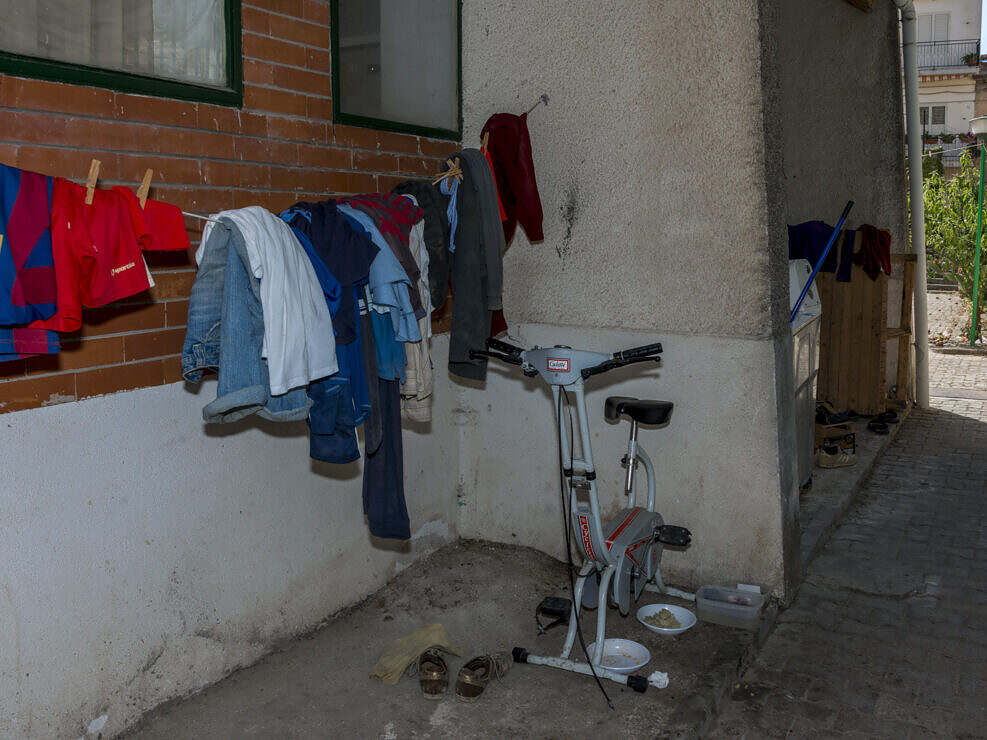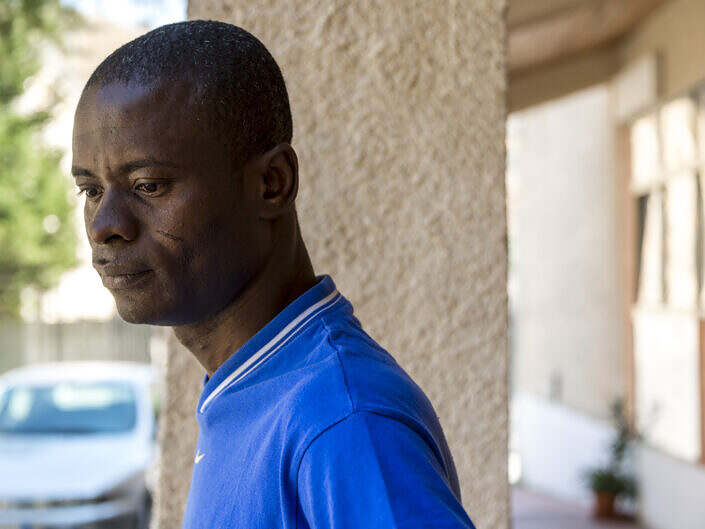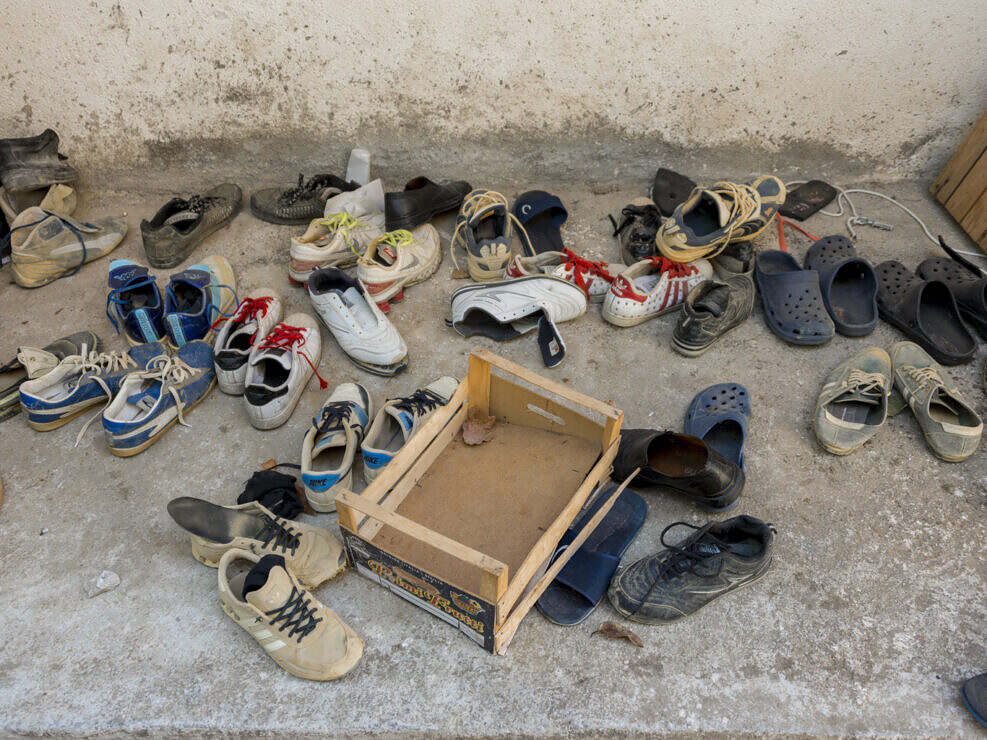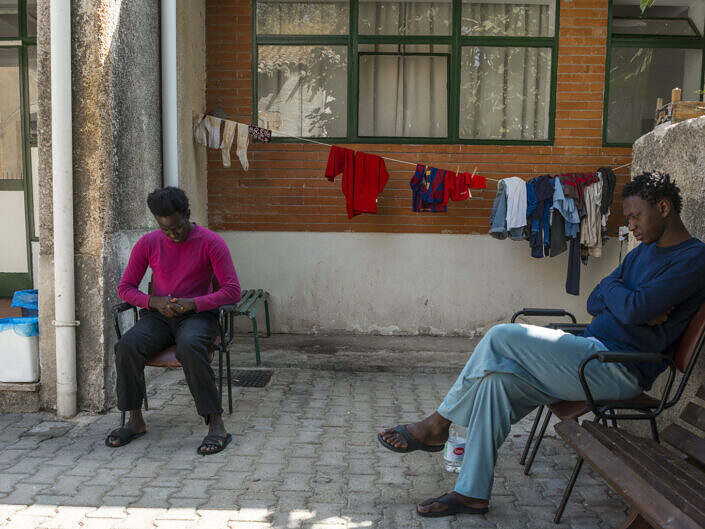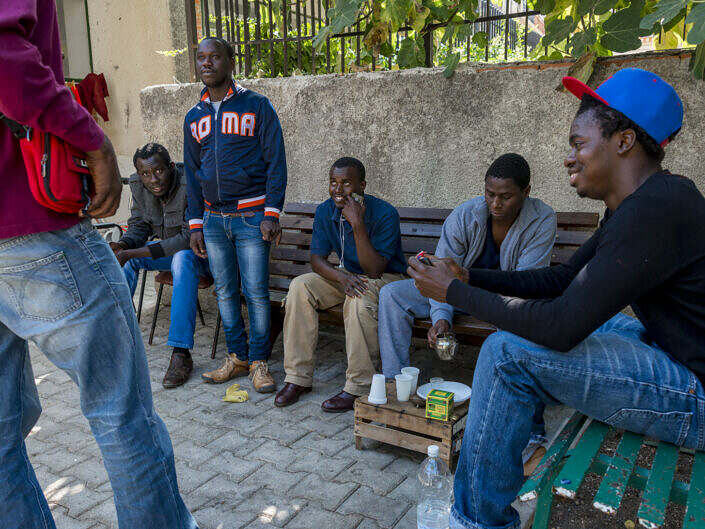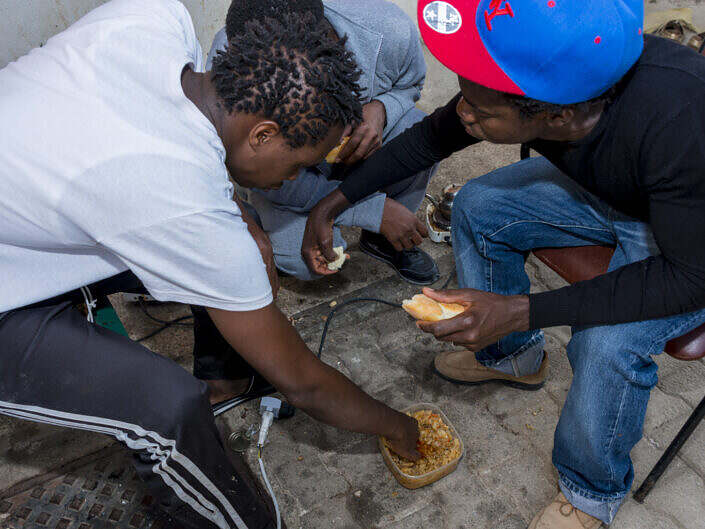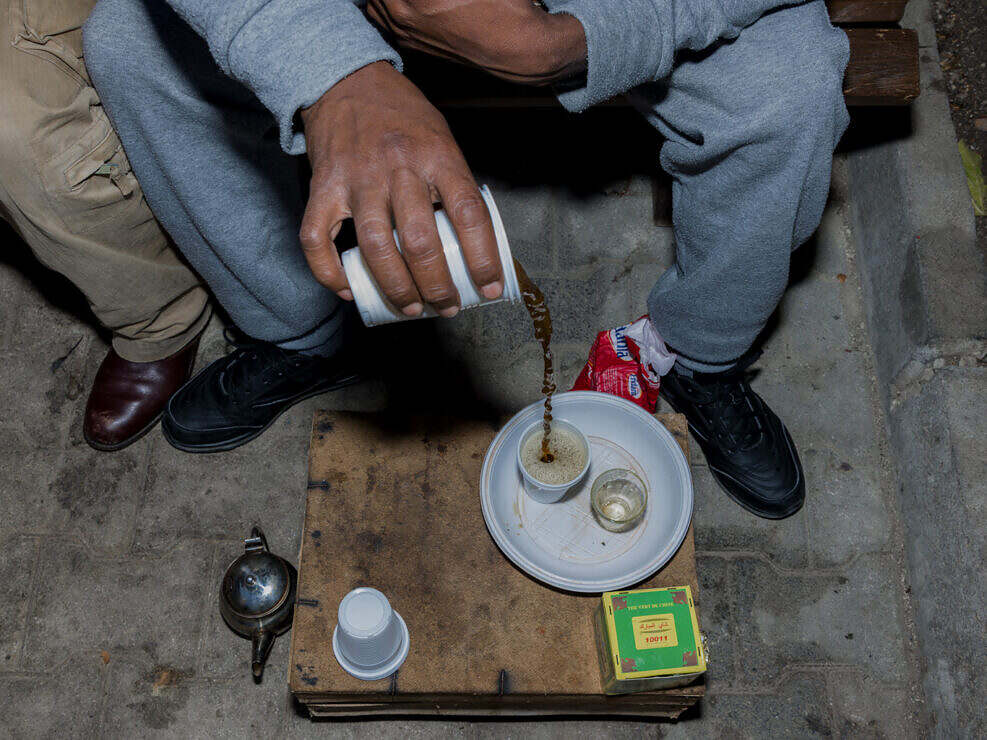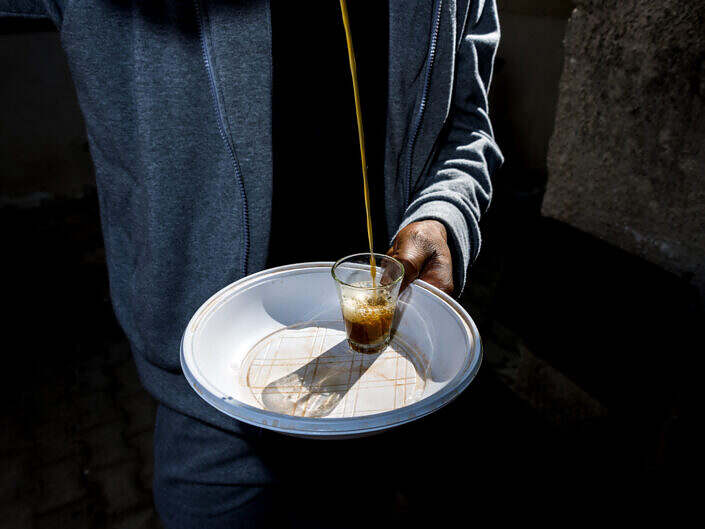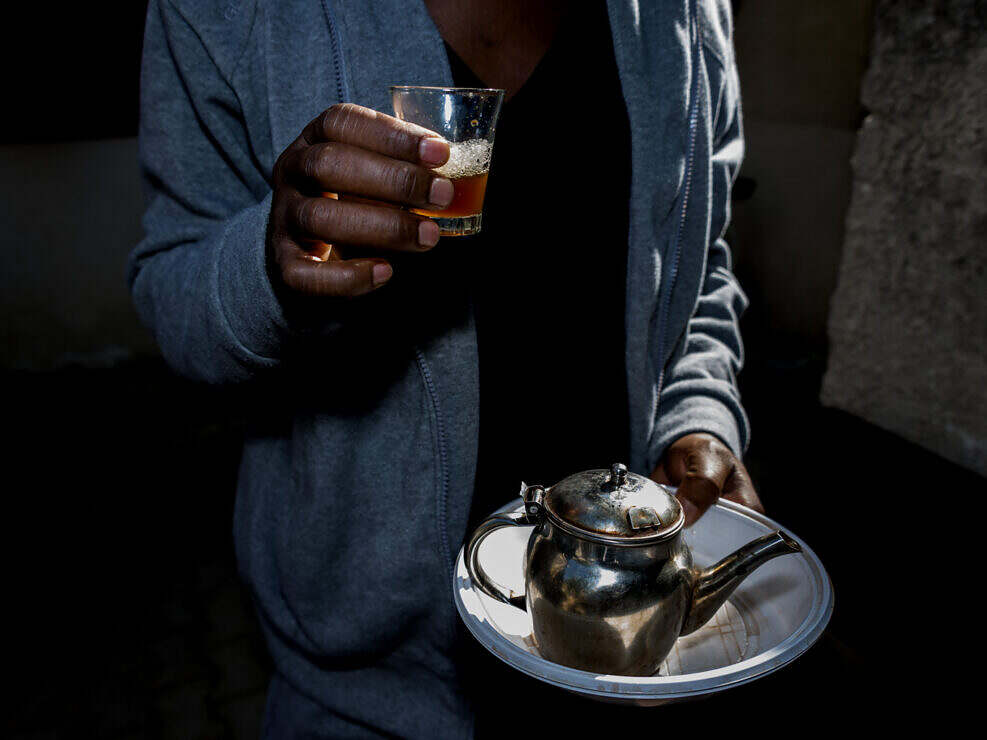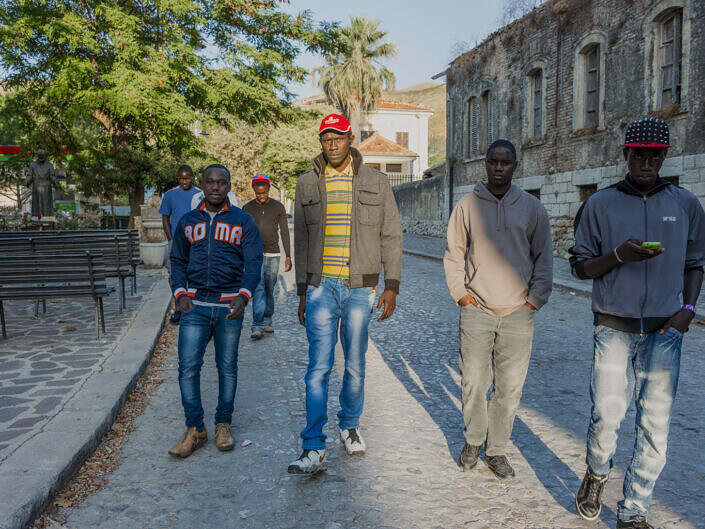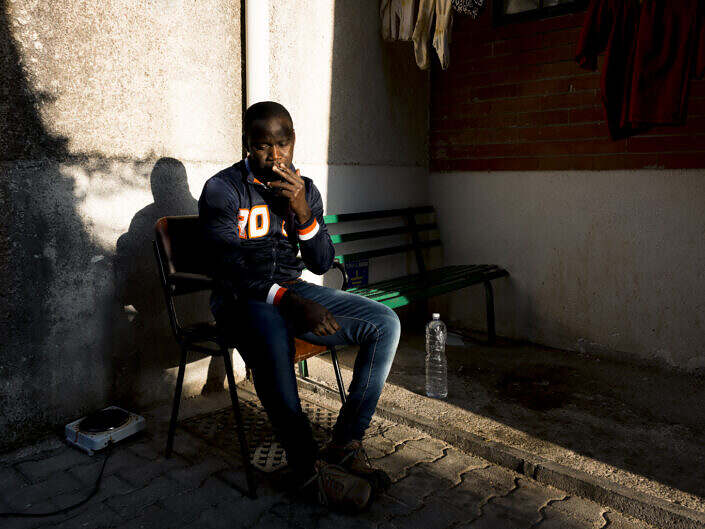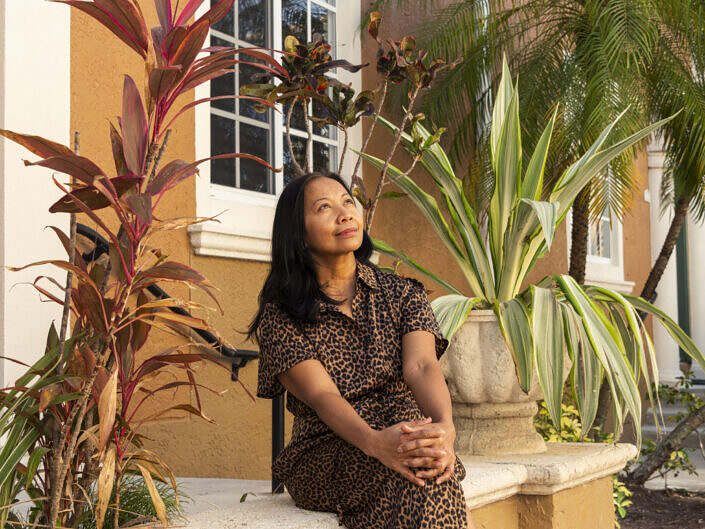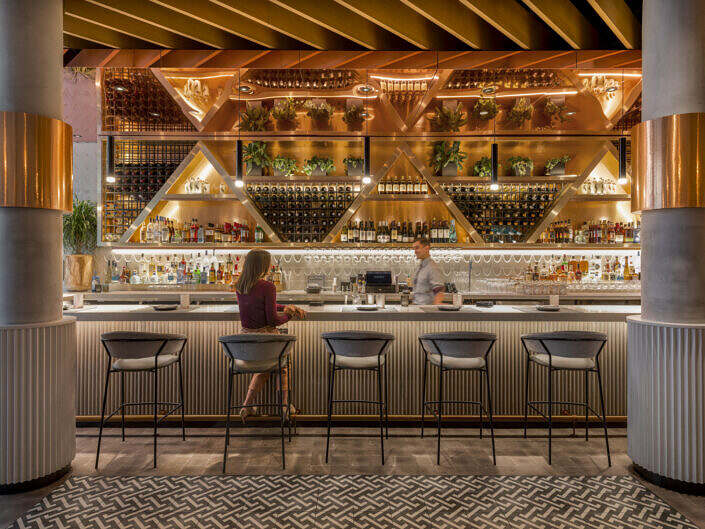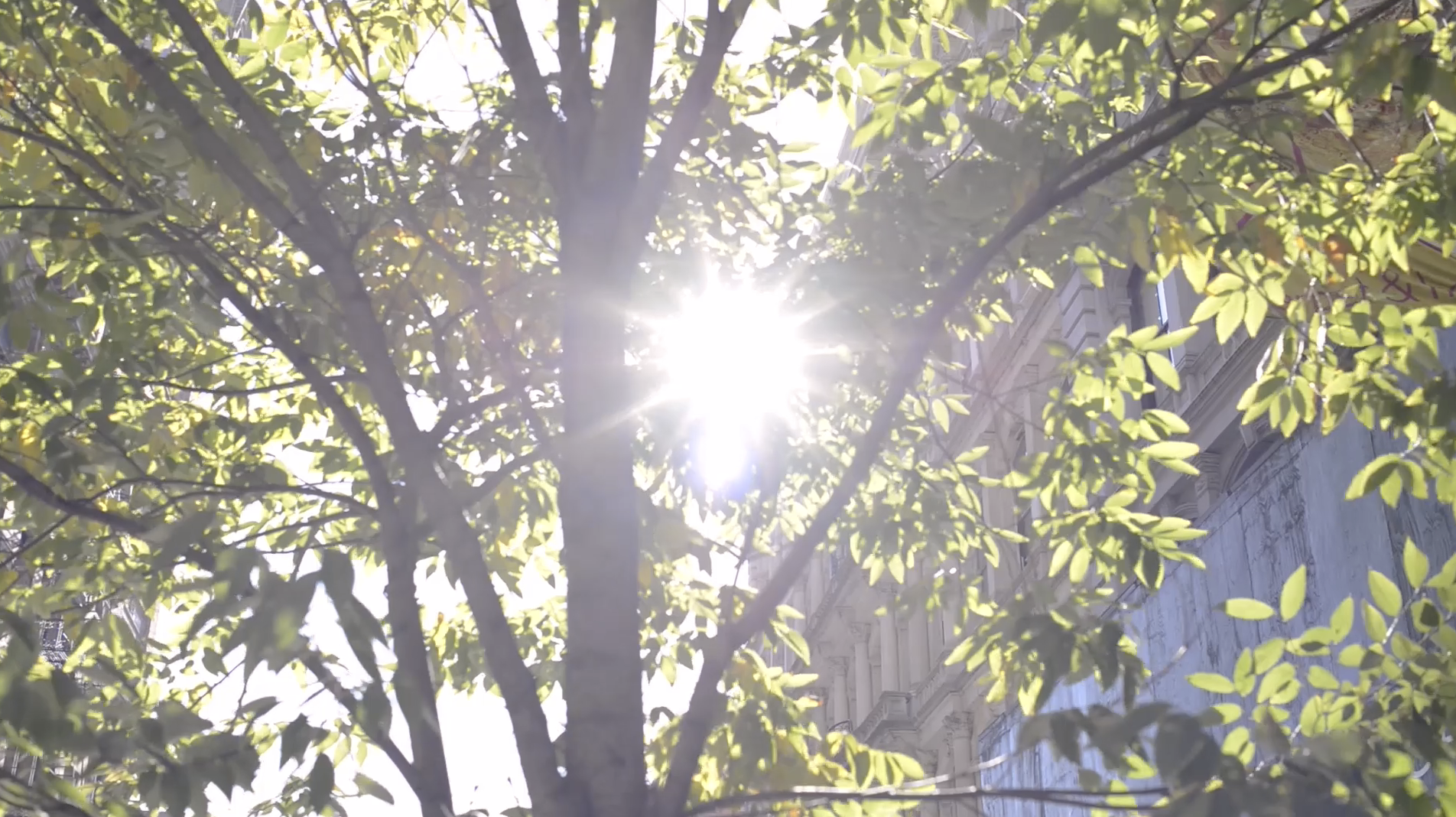Lives On Hold
They live with the obsession of obtaining documents that will finally allow them the freedom to pursue their own fulfillment. The bureaucratic process begins with classification, fingerprinting, and the issuance of credentials, and it takes a long time, often more than 366 days. This period is only partially concluded when an appointment is scheduled with the commission, which decides whether to grant a residence permit or send them back home. In the case of a negative outcome, they can file an appeal, which means even more waiting. The delays are largely due to the growing number of migrants and the shortage of personnel in police stations.
The paradox lies in the fact that these extremely prolonged timelines result in huge expenses for taxpayers. Everyone is penalized. Migrants are forced to wait until their case is resolved, while the government pays for the upkeep of the centers, the staff, and the so-called pocket money. €2.50 per day for each person. Some of this money trickles back into the local economies of the municipalities near the centers, but it is negligible compared to the waste generated by the bureaucratic machine.
Over time, the sense of welcome—whether civic, social, municipal, or national has been shifting. Throughout history, every population has been compelled at some point to leave its homeland: to seek more fertile land, to find prosperous places in which to raise children, to flee war, or simply to search for fortune. Today, however, growing racism and an almost blind patriotism often prevent us from envisioning the possibility of peaceful coexistence and shared territory until, at least, it is reduced to a calculation of meager returns on investment.
